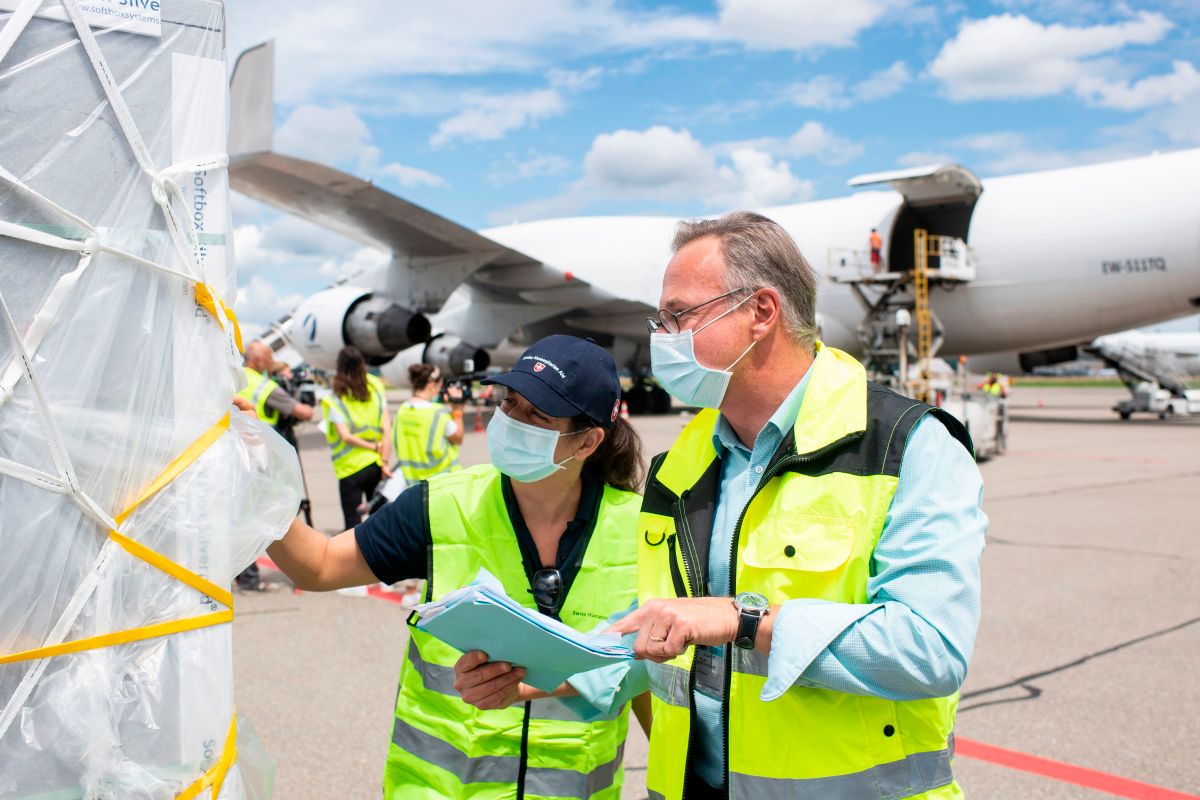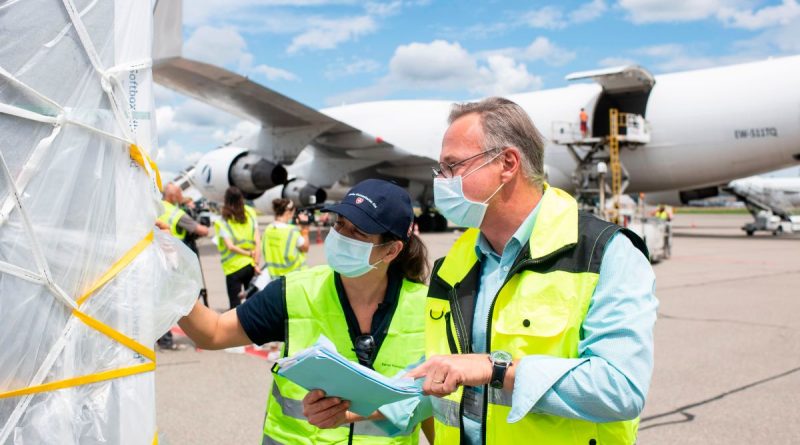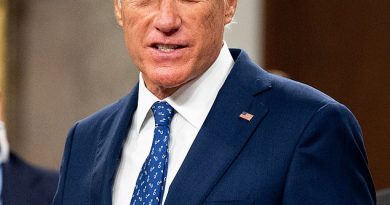How airlines are transporting COVID-19 vaccines and what difficulties they are facing | The State

Airlines have become a crucial part of the vaccine supply chain alongside the logistics giants.
Photo:
ENNIO LEANZA / KEYSTONE / AFP / Getty Images
The airlines are joining the fight against the coronavirus. From Friday, November 27 United Airlines began charter flights between Brussels and Chicago to transport doses of the vaccine from Pfizer-BioNTech one week after the companies submitted the request for authorization for emergency use before becoming the first vaccine licensed by the U.S. Food and Drug Administration (FDA).
The long wait for a vaccine may be over, but distributing it to the 7.8 billion people around the world has become the next big challenge. In the United States, both the Pfizer-BioNTech and Moderna vaccines require two doses that should eventually reach the more than 330 million people throughout the country.
Although shipping is only part of the journey, it is a critical step. A report developed by DHL and McKinsey estimates that vaccinating the world will require up to 15,000 flights.
In the United States, airlines have stepped forward to become a crucial part of the supply chain along with logistics giants like UPS, FedEx and DHL.
American Airlines, Delta and United have been preparing since the summer of 2020 and went into action hours after the vaccines were approved for emergency use in the United States.
Related: How much money could Pfizer and Moderna get from selling COVID-19 vaccines?
Transporting vaccines and pharmaceuticals is not a new idea, but the scale and speed at which they must be delivered now with COVID-19 makes it a more complicated effort.
You can watch a detailed video from CNBC to see how US airlines are transforming themselves to transport vaccines on time across the country.
You may be interested:
.



